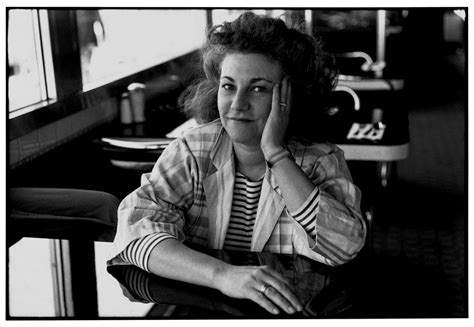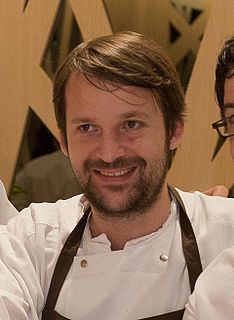A Quote by Laurie Colwin
It is not just the Great Works of mankind that make a culture. It is the daily things, like what people eat and how they serve it.
Related Quotes
The shaman is a person who is able to transcend the dimensional confines of cultural existence. They know more than the people they serve. The people they serve are like children within the game of culture. Only the shaman knows that culture is a game. Everyone else takes it seriously. That's how he can do his magic.
In the New Testament it is taught that willing and voluntary service to others is the highest duty and glory in human life. . . . The men of talent are constantly forced to serve the rest. They make the discoveries and inventions, order the battles, write the books, and produce the works of art. The benefit and enjoyment go to the whole. There are those who joyfully order their own lives so that they may serve the welfare of mankind.
I would just like to say this about all the married people working together on the set: it was just a joy. That is the great joy to go to work with people that you love, whether they be people that you are in love with or people that you just love and be creative and artistic and make things that you want to send out into the world and make people feel good. It was a great environment to work in for me.
The problem of culture is seldom grasped correctly. The goal of a culture is not the greatest possible happiness of a people, noris it the unhindered development of all their talents; instead, culture shows itself in the correct proportion of these developments. Its aim points beyond earthly happiness: the production of great works is the aim of culture.
It requires a conviction that every people has a unique contribution to give to mankind, and that this they must make or remain sterile, subservient, sallow, and that this contribution they must have commenced to make before they can hope to understand the spirit that informs all great works and inspires all noble living.
That's how people make sense of a meeting: they eat something. If they were in a sad moment it would be the same thing, they'd be eating something. It's what makes life fun. We don't need it to be delicious or great or all these things if we're just to survive. But it's one of those things that makes life fun, livable. And the more I submerge myself in it, the more fun I seem to have.


































